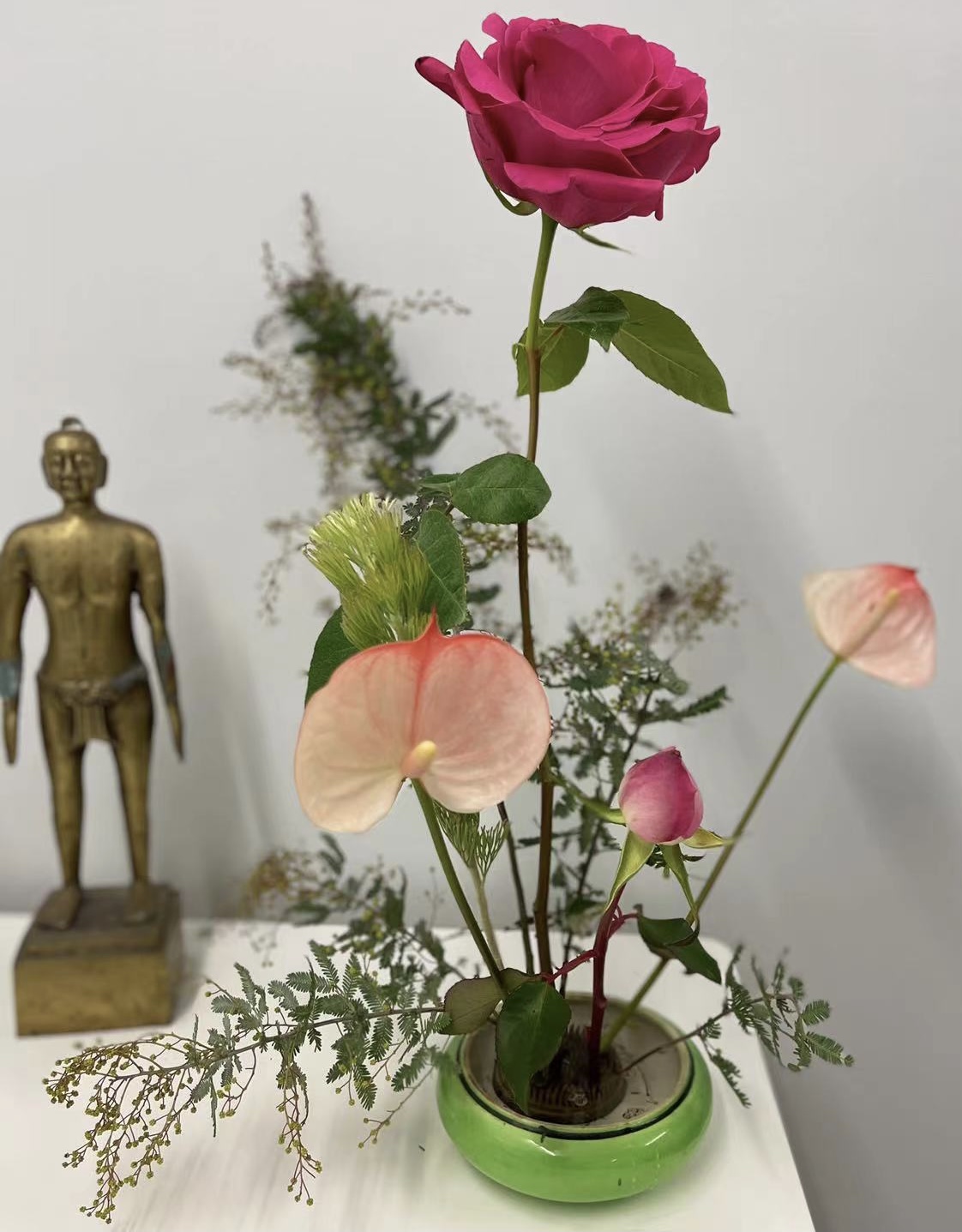Strategies for managing dry cough from a common cold
As the prevalence of common cold and flu increases in this winter, more and more people suffer from dry cough either during their illness or as a result of their cold or flu. Recently I was sick for over one week, from acute viral laryngitis. I rarely get sick. For someone who does not get sick easily, there is a lot to learn from being unwell. Although I dish out advice to my own patients, I, however, have to experience it to know how to walk the walk. Here I share my learning with you.
Having plenty of rest regardless how I feel. This is easily said than done. I did not have fever or bodily pain and I felt I could keep working. So I did. I was surprised that I did not really feel the tiredness even I did not have much sleep at night from dry course. On reflection, I wonder if my sense of being energetic had a lot to do with the urgency at work, and ginger tea or occasionally coffee I drank. All of these drinks would have energised me and masked how I felt. It might be a good idea to be off coffee or tea so as to give your body
the chance to rest.
Drinking warm water. We know keeping ourselves rehydrated being essential when we have a common cold or flu. But we must drink warm water as it is better than cold water for rehydrating and it sooths our dry, itchy or irritated throat. Hot water with fresh lemon juice
and honey is very soothing and help break down phlegm.
Avoiding spicy food or hot food if I have sore throat. I started with sore throat. It got a lot worse after I had a hot pot for dinner. The sore throat kept me awake at the night. Irritants to be off the list when one has sore throat are:
a. hot pot,
b. spicy food or food with chilli, and
c. fried food.
Accepting my health status and be patient. This was the hardest one. Being a Chinese medicine practitioner, I thought I knew how to look after myself and expected a speedy recovery. It was also very difficult to accept that I was sick at all. Chinese has a saying “Shao
An Wu Zao”, meaning “slowly calming down and having a peaceful mind”. This is the attitude I ought to adopt, and to accept I too could be sick, and I ought to let the virus running it course.
Exploring other factors could causing dry cough, and tickle in the throat: If you only feel itchy in the throat at night when you are in bed, then there could be other things tickling your inflamed throat.
a. Check your bedroom for dust, mould, dust mite or allergens. If you open the window during the day, it might be a good idea to use air filter to clean the air before going to bed. Pollens could easily get into the room when the window is open.
Other strategies for dry cough at night: Dry cough due to itchiness in the throat was the hardest part of my journey of being sick. I know the dry cough could last for weeks or months if I am not careful or do not address is as early as I can. Those night dry coughs are
very disrupting to our sleep, and our partner’s sleep. Those coughs are often hacking cough, dry, and took a while to settle down. Here are other strategies.
a. Sleeping in a half-sitting position if you also have nasal congestion. Tickle could come from nasal discharge running at the back of the throat. So the incline posture helps the nasal discharge to drain easily, reducing the amount of mucus congested in the throat, causing more irritation. Also when the throat is congested, we open our mouth to breath, which will further dry the throat, causing dryness or tickle.
b. Wear a thin scarf in bed as the nap is likely to be exposed to the cold air. Some people say I do not feel the cold. Well an inflamed throat will be super sensitive to temperature change, even 0.5 degree will make the difference.
c. Make the bed warm, before getting into bed. The lungs are between the chest and upper back. Keep those areas warm will keep the airway open more easily. You can put a hot wheat bag on the bed before going into bed.
d. Keep a flask of warm water next to your bed as the water will sooth the dry, tickly throat when you needed.
e. Sucking on lozenges is helpful as it will continue to rehydrate your throat; the lozenges having local anaesthetics could be more helpful.
f. Minimising talking and no singing throughout the day, in particular at night, to reduce the irritation.
Persistent dry cough is very draining. Hope those strategies will aid to your management. If your cough persists, you should seek advice from healthcare professionals. At GCMC, we often achieve good results from using acupuncture and Chinese herbal medicine for persistent dry cough residual from common cold, in addition to the above mentioned strategies.

